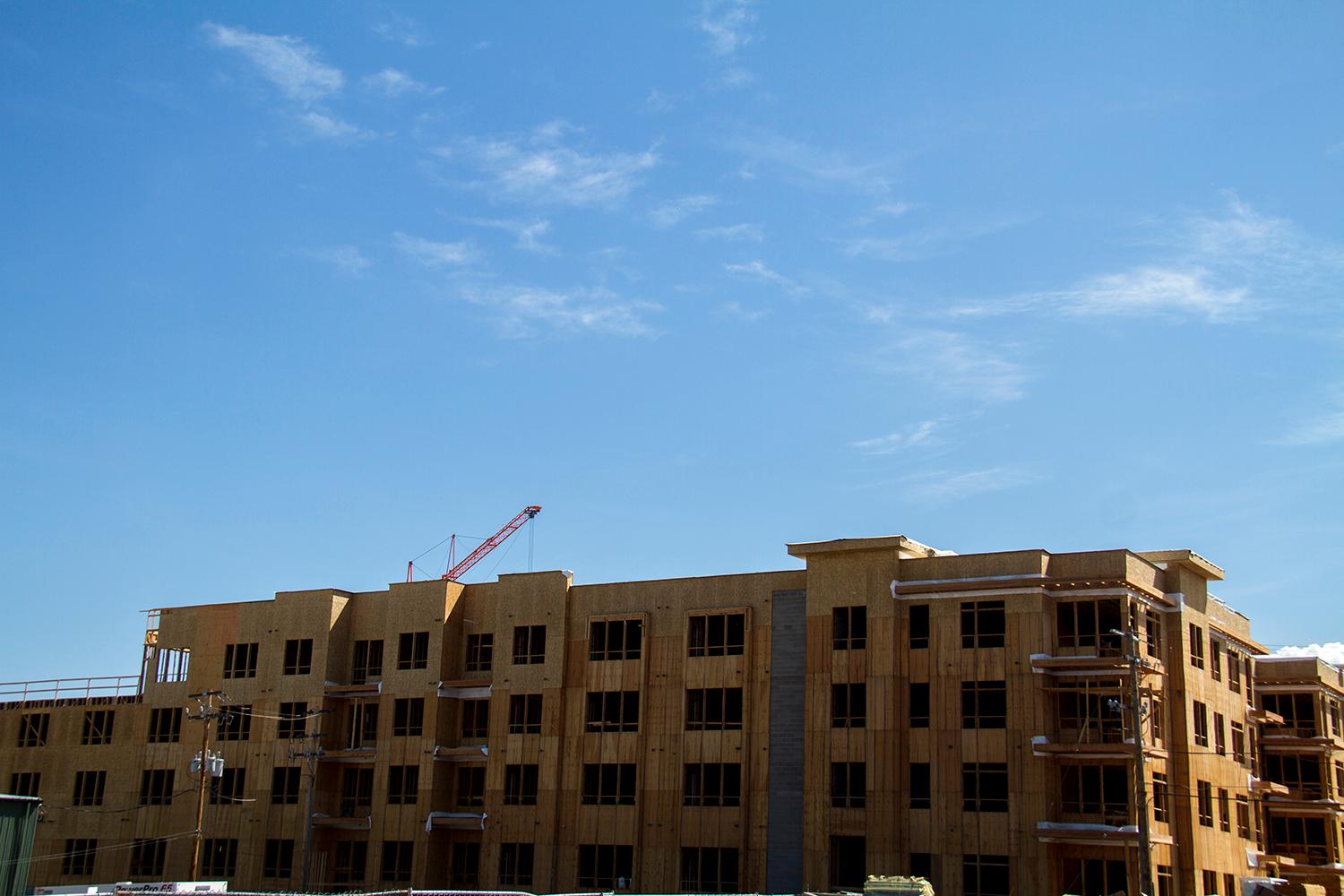
There are still a lot of questions about Denver's proposed affordable housing fund, but at the end of the day, most City Council members seem to prefer a plan that has an identified funding sources over one that pulls heavily from reserves and pushes new taxes and fees down the road.
The City Council's Safety, Housing, Education and Homelessness Committee had before it Wednesday two proposals for the creation of an affordable housing fund.
Here's what was on the table:
The first was a combination of a property tax increase and an impact fee on new construction. This is the proposal that came out of the office of Mayor Michael Hancock with support from Councilwoman Robin Kniech and Councilman Albus Brooks.
It has faced opposition from many developers and business interests who say they support the creation of a fund but that the money all should come from property taxes.
There have also been a lot of questions about how the money will be spent and who will make those decisions and whether enough of it will go to the families facing displacement right now as Denver booms.
The second proposal came from Councilman Chris Herndon, who wanted the city to draw from its substantial budget reserves to fund the first year of the fund -- ideally at a much higher level than is currently proposed -- and study a wider range of funding sources going forward.
This version of the affordable housing ordinance would create the fund without any identified funding source, with the discussion to pick up as part of the budget process this fall.
The committee voted unanimously to move the first proposal to the full City Council next month.
A motion from Councilman Kevin Flynn to move both proposals forward did not get a second. That doesn't stop Herndon or other council members from raising the issue again in September, though.
Herndon said the city has plenty of money to act now without raising taxes.
There is marijuana money and general fund reserves that both could be tapped.
"We have a $1.2 billion budget," Herndon said. "I believe there are ample one-time funds."
He suggested the city could put $20 million into affordable housing in 2017 without affecting any other services.
Kniech said the experience of being on council through the Great Recession drove home the need for dedicated funding for housing and also the importance of keeping the reserve healthy.
"For those of us who governed in 2011 and saw our city employees going home five days a year unpaid and our libraries open three days a week, we know that this budget will not last," she said.
When times get tight, affordable housing will lose out to basic services like police or roads, she said, if there isn't a dedicated fund.
Many council members said the fund needs to be larger.
Federal money for housing is declining, and Councilman Rafael Espinoza said the city's funding proposal just maintains the status quo.
Flynn pointed to other cities that have high impact fees for housing and remain very expensive cities to live in.
"A lot of cities have done what we're asking to do, and they still have an affordable housing crisis and they still have people living on the street," he said.
Councilwoman Debbie Ortega continued to press for a council-approved affordable housing plan that focuses efforts on the people living in quickly gentrifying neighborhoods, the people most at risk for displacement in the next few years. She's worried an ad-hoc approach won't provide housing quickly enough for those people, and it won't preserve their communities.
Espinoza suggested a year-long study on what works and what doesn't in the provision of affordable housing so that the city can be sure its efforts make the most impact.
Kniech, who has been working on this proposal for a very long time, seemed frustrated that the perfect was becoming the enemy of the good.
"We don’t measure whether or not we fund police by whether or not they eliminate crime," she said. "That's not the metric."
The city can't make the market provide housing that just happens to be affordable on its own, but it can make put more public money into building affordable units where rents will remain stable for years to come.
"The intended purpose is to house more people securely than we do today," she said. "It matters. It matters to those lives. It matters to the public cost. If that family moves three times and that child changes schools three times, it matters to that child."
The city projects that if there are no additional local funds, there will be 1,400 new affordable housing units built over the next 10 years. The city proposal would pay for an additional 6,000.
There have been some tweaks to the original proposal.
- Fees will go up annually along with the consumer price index.
- There will be no discretionary increase in the fees for five years.
- There will be a study and a public hearing on the performance of the program at the five-year mark.
- Any increase of the fees beyond inflation will require a feasibility study.
The full Denver City Council holds a first reading on the proposal Sept. 12 and a second reading and public hearing Sept. 19.












